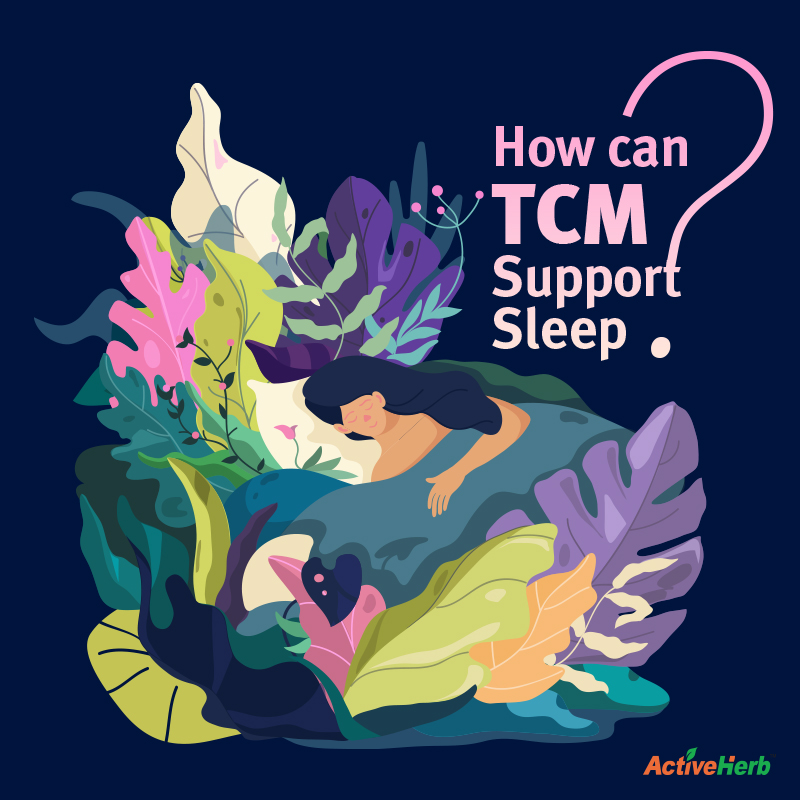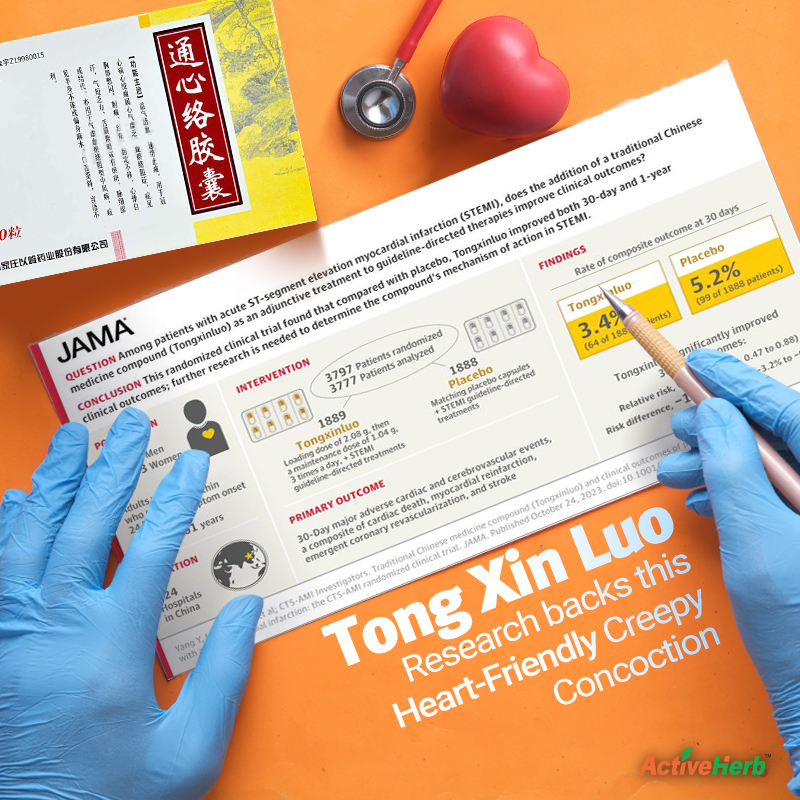What is Qi Exactly & Can You Replenish It?

What is Qi in TCM? Roughly, it means ‘energy.’ But it’s also a philosophy of how the universe works, from every cell to solar system. So, what can you do to make sure your Qi is flowing like a free-flowing river for good health?
According to TCM theory, Qi is vital energy that circulates both throughout the universe and within the human body’s meridians. Meridians, also theoretical, can be thought of as a tubes or pipes, which carry Qi throughout the body. When the body is functioning optimally, that is, operating in a state of perfect homeostasis, Qi is flowing through the meridians in just the right amount.
How is Your Qi?
Here’s an easy way to know if the amount of Qi circulating through your body is optimal: if you feel great and have no aches and pains, and if you can go for a long walk without feeling winded, your Qi is great! If you’re enjoying a blissful, energetic, pain-free existence, you have what’s called “abundant Qi.”
If you’re lucky enough to have abundant Qi, then you probably don’t need a Qi tonic formula or individual herb, such as Ginseng, which you can take to nourish Qi. (There are 6 major forms of Qi in TCM theory, but for simplicity sake, these will not be differentiated in this blog post.)
Unfortunately, though, many people don’t enjoy having abundant Qi. Here’s an example of when a Qi tonic may be good for you to help nourish your Qi:
Ever walk up a small flight of stairs yet feel winded? Or, do you get winded from taking a light jog or leisurely walk? These are signs your Qi is deficient. Your body lacks the vital energy to perform a simple task like walking up steps. If you struggle to make it through the day and come home from work exhausted, and all you want to do is lie on the couch, that’s also a sign you have weakened or deficient Qi. In western lingo, this is called ‘chronic fatigue.’
[To fortify your Qi, check out our Modern Essential Supplement, QiVive.]
Caffeine, Energy Pills, Energy Drinks: What are they doing for your Qi?
The western way to treat low energy or weak/deficient Qi is to fuel the body with stimulants such as caffeine. But these substances don’t nourish Qi; they can actually deplete Qi.
Got Discomfort In The Body? Maybe your Qi is Blocked…
Imagine that the Qi flowing through your body is like a stream. When you have abundant Qi, your stream of Qi is smooth-flowing. There are no impediments or blockages. But if there’s a Qi blockage in a certain area, say an organ or joint, your stream of Qi will be stagnant.
Qi stagnation can manifest as localized sensations, either acute or chronic. The sensation level can be anywhere from mild to intense, to sharp and stabbing. Sports injuries like a calf muscle strain due from lack of proper warm-up and/or post-activity stretch can result in Qi stagnation.
With repeated overuse and lack of treatment, Qi flow can weaken in the lower extremity, resulting in an outright blockage of Qi flow, which in turn, may produce sharp sensations in the calf muscle or adjacent area of the lower legs.
Now let’s get back to the analogy of your Qi flowing as a stream. If you have Qi stagnation, using the calf muscles area as an example, downstream from the calf muscles, in the toes, you’ll likely have a deficiency of Qi. That’s because the flow of Qi has waned to a trickle, which is why you may feel a burning sensation in your big toe.
The best one-two punch for Qi stagnation and deficiency
Traditional Chinese herbs support Qi. So, too, can acupuncture, which uses needles on various meridian points to remove Qi stagnation and/or fortify Qi. Another way you can wrap your head around the theoretical aspect of meridians is to think of them as an internal freeway network for Qi to flow through. Acupuncture helps free up traffic jams of stagnant qi. Once the Qi traffic is flowing smoothly again metabolic waste will no longer cause discomfort or other disturbances.
Feeling down? Blame it on impaired Qi flow….
Impaired Qi flow may manifest through emotional unrest. Let’s say your job is stressful. Your boss is micromanaging you. Your boss never gives you compliments and only grates on you for petty things. But in a fragile economy, fear of losing your job paralyzes you; you say anything. It’s tough to find a new job these days.
Instead, you bite your tongue and stuff your anger inside, which can lead to Qi stagnation. Eventually, you start getting headaches more frequently, or maybe your neck muscles get really tight.
Qi stagnation can lead to a heavy, compressed feeling in your chest, as if you’re short of breath. If you have an unpleasant relationship with your boss, to say the least, but aren’t doing anything to remedy the situation, such as Tai Chi or QiGong or other stress management techniques, you’ll likely feel anger, anxiety, or depression, along with that tight feeling in your chest.
The Liver, in TCM theory, is the seat of emotions. If you don’t deal with your anger towards your boss, your Liver may suffer from Qi stagnation.
[Need to harmonize your Qi flow? Check out these formulas.]
Now then, let’s see if Qi can be proven….
What is Qi in TCM: The Scientific Definition
Qi can be described as a vibratory quantum oscillation. Or, in plain English, Qi is like a wave of energy that’s invisible to the eye…and ear. You can’t hear sound waves but you know they exist. The same goes with light waves. But we can actually see Qi with modern medical equipment, specifically, infrared imaging techniques. When someone receives acupuncture, the acupuncture point visibly changes color.
Could this be scientific proof that Qi exists? If someone is in pain because they have Qi stagnation, say, they have a headache, and the imaging technique shows that the region around the forehead is blue in color, before the acupuncture treatment, and red, post-treatment, is the changing color and corresponding feedback from the patient that the pain has been relieved proof that Qi is flowing to the pain point … is this proof that Qi exists?
The answer, of course, may be subject to interpretation. Regardless, acupuncture, TCM herbs and breathing exercises have been used for centuries to increase or improve Qi flow throughout the body.
Even for those who are skeptical about Qi being a visceral object that can be quantified, there’s no denying that it’s in everybody’s best interest to look and feel their best. And the best way to do that is to have optimum life force, abundant Qi, flowing through the body.
What is Qi in TCM? Conclusion
Diet, exercise, and stress management are very instrumental in ensuring proper Qi flow. Unfortunately, many people lead a sedentary and high-stress lifestyle, and don’t give themselves the nutritional support they need.
At ActiveHerb, we’re here to help you have better Qi flow. We want you to experience what it’s like to enjoy abundant Qi. That’s our mission in life.





